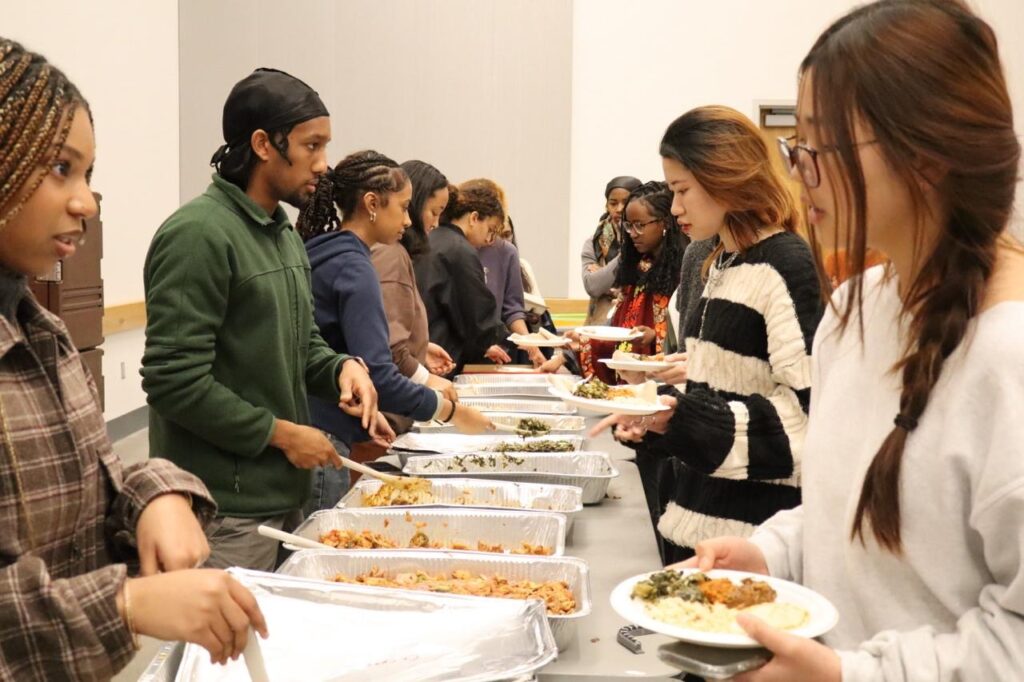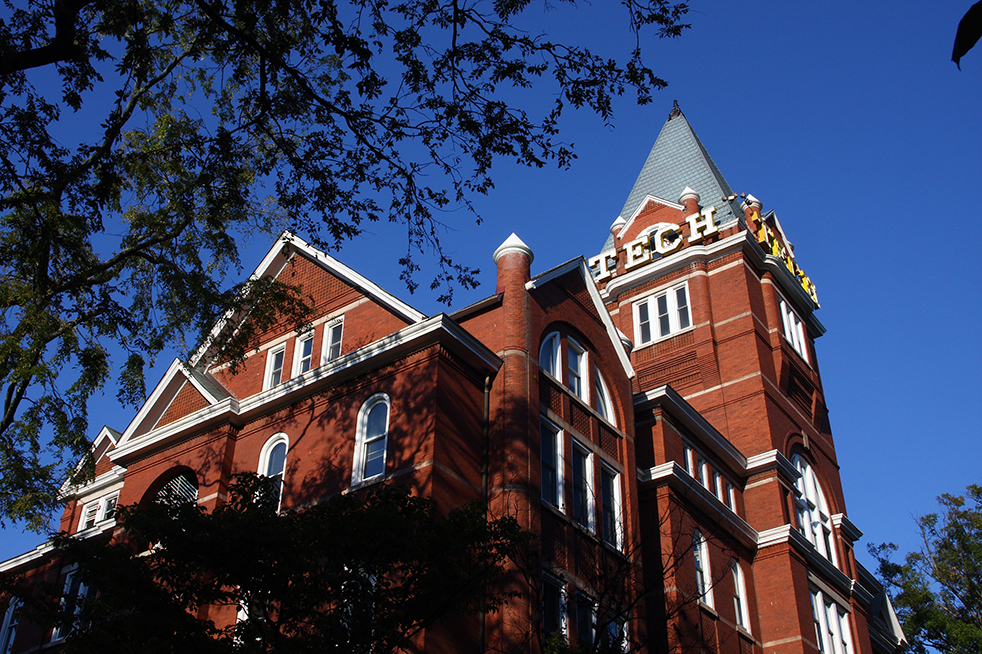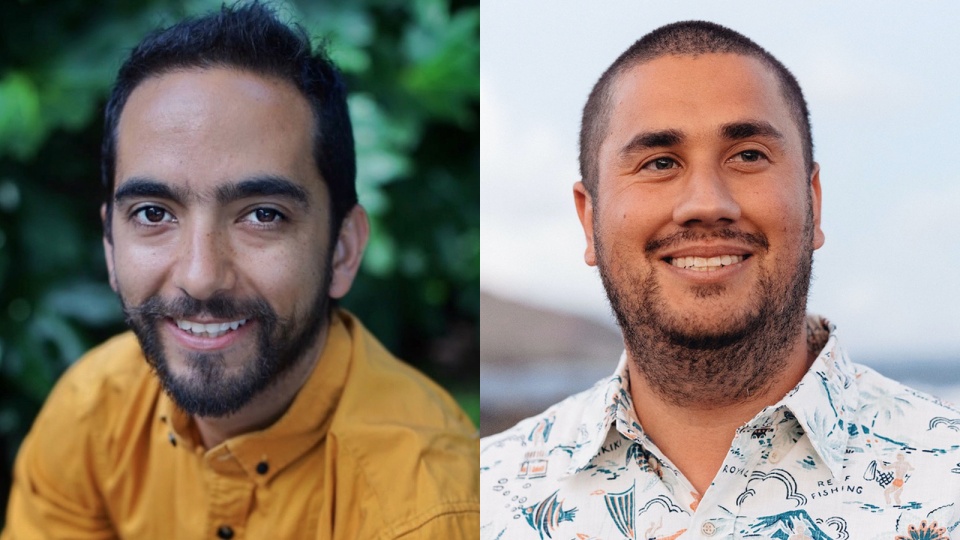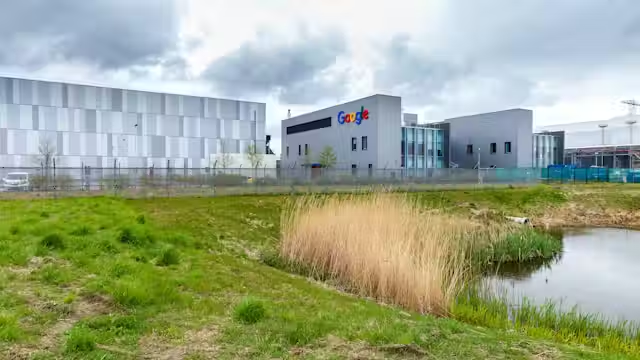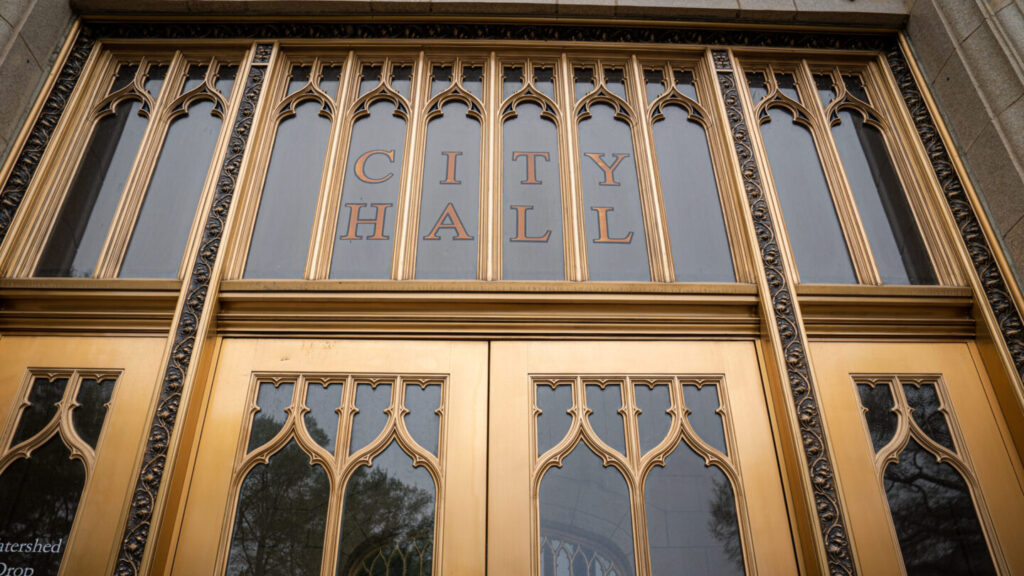
Following the resignation of two-term District 2 Atlanta City councilmember Amir Farokhi, an interim council member will be appointed to Atlanta’s City Hall this summer.
Farokhi, who announced his resignation this past February, has decided to serve out the rest of his term until July before relinquishing his seat to serve as the Head of School at The Galloway School for the 2025–2026 academic year.
The longstanding councilmember has served as a representative of District 2 since 2017 and is notably the first Iranian-American elected official in the American South. Farokhi leaves a legacy of policy and initiatives that include launching one of the largest guaranteed income programs, creating a public safety housing program and creating an arts and culture fund.
“Today, I was named Head of School at The Galloway School,” Farokhi stated in a note regarding his departure. “It’s a humbling moment. Yet, it’s also bittersweet because it means that I will not run for re-election this November.”
In accordance with the Atlanta City Charter, the seat will be filled within 30 days of the vacancy by a resident of District 2, which includes Candler Park, Downtown, Inman Park, Midtown, Old Fourth Ward and Poncey-Highland, who is at least 18 years of age.
The appointment procedure, which follows an advertisement of the vacancy, collecting applications and a review by the Committee Council, will have the remaining council members vote on a new official to serve until January 2026.
Following the conclusion of the interim appointment, voters will decide upon a permanent successor during the November 2025 election. With qualifying races scheduled this August, several candidates have already placed their names in contention for the seat.
Among this year’s candidates are Alex Bevel Jones, Courtney Smith MGT ‘00, Jacob Chambers CS ‘21, MS CS ‘25 and Kelsea Bond.
Jones, a former small business owner and Industry Engagement Manager at Tech, places his stance as a public servant of Atlanta, motivated by a family background of educators, ministers and civil rights activists. Behind his platform, he pushes for economic development, education and community investment and smart and sustainable growth.
Smith, a Tech graduate, presents extensive civic service experience through her work as a former chair of the Neighborhood Planning Unit-E (NPU-E) and President of the Midtown Neighbors’ Association. At the forefront of her campaign’s initiatives, she stands to continue the modernization of alcohol policies, ensure a permit balance between for-profit and non-profit events and disclose an updated audit regarding Renew Atlanta and Moving Atlanta Forward road infrastructure projects.
Chambers, a recent double-Jacket graduate, credits his campaign to an engineering-focused approach that prioritizes “solutions, not talk.” At the foundation of his platform, Chambers emphasizes affordable housing, safe transportation and livable neighborhoods.
Bond, a union member, community organizer and former education policy worker, has emboldened their campaign with a need to break off from the status quo. Here, they prioritizes affordable housing, green new infrastructure and a people over profits idealism that involves workers’ rights, ending homelessness and public health and safety.
As candidates continue to announce their campaigns and begin their funding process, Atlanta residents are set for a defining time in municipal politics amid this year’s election.
Farokhi’s resignation now marks the third district representative to give up their seat within Atlanta’s City Hall, following Marci Collier Overstreet’s departure from District 11 and Howard Shook’s retirement from District 7.
In total, residents will be available to vote on 16 seats within City Hall, including the council president, 12 district representatives and three members-at-large.
Of these 16 seats, three district representative seats on the ballot are absent of an incumbent, as well as the council president, with current president Doug Shipman announcing his plans not to run for re-election earlier this year.
Elections will occur on November 4, 2025.
The post Atlanta City Council to Appoint New Interim District 2 Representative appeared first on Technique.

